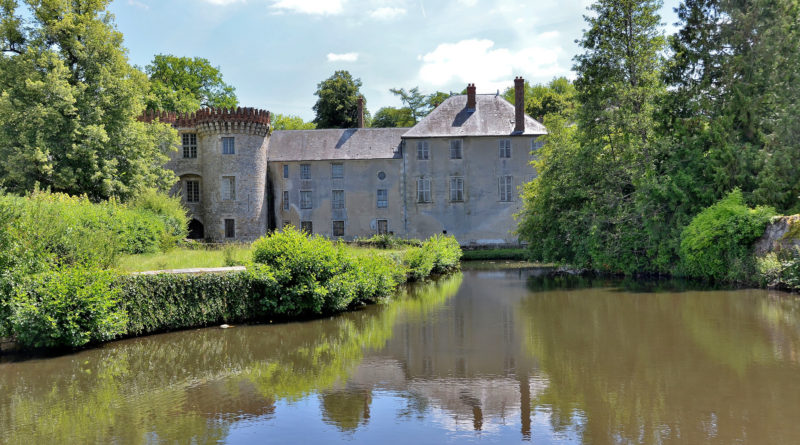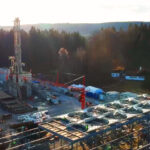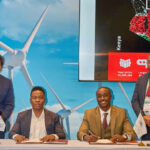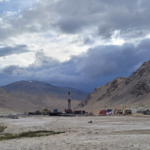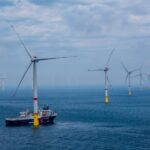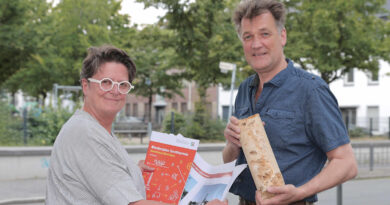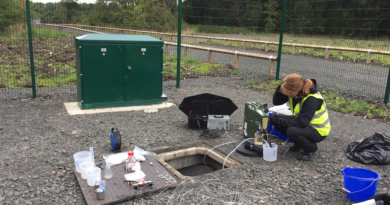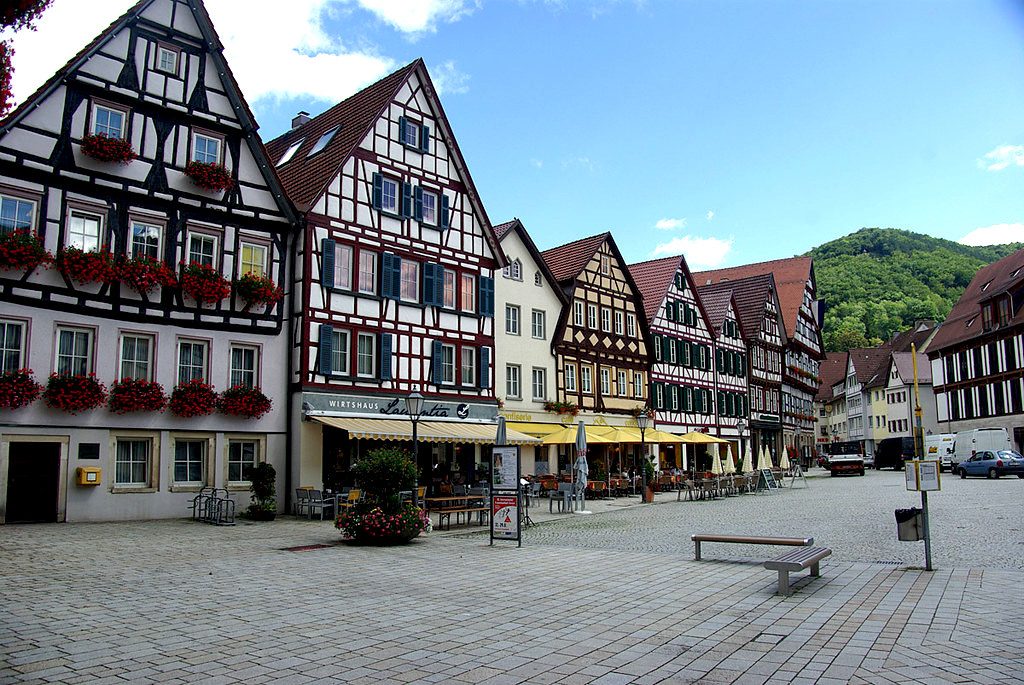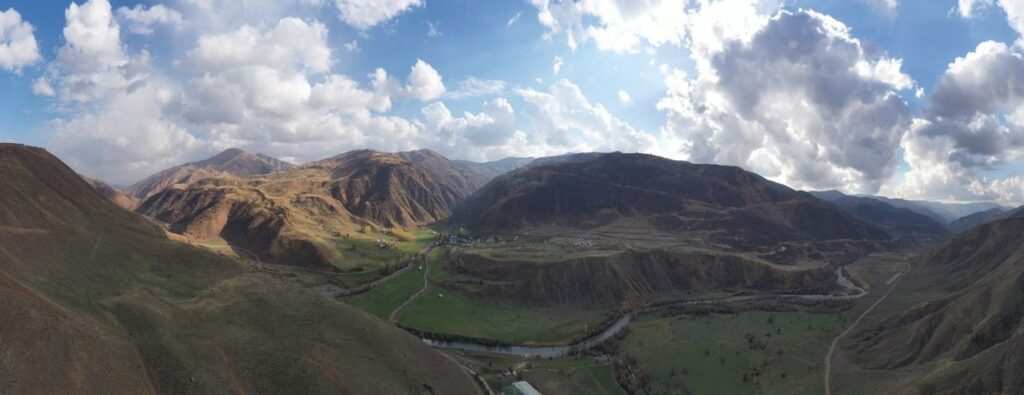Drilling depth reached for geothermal project south of Paris, France
Energy Disrupter
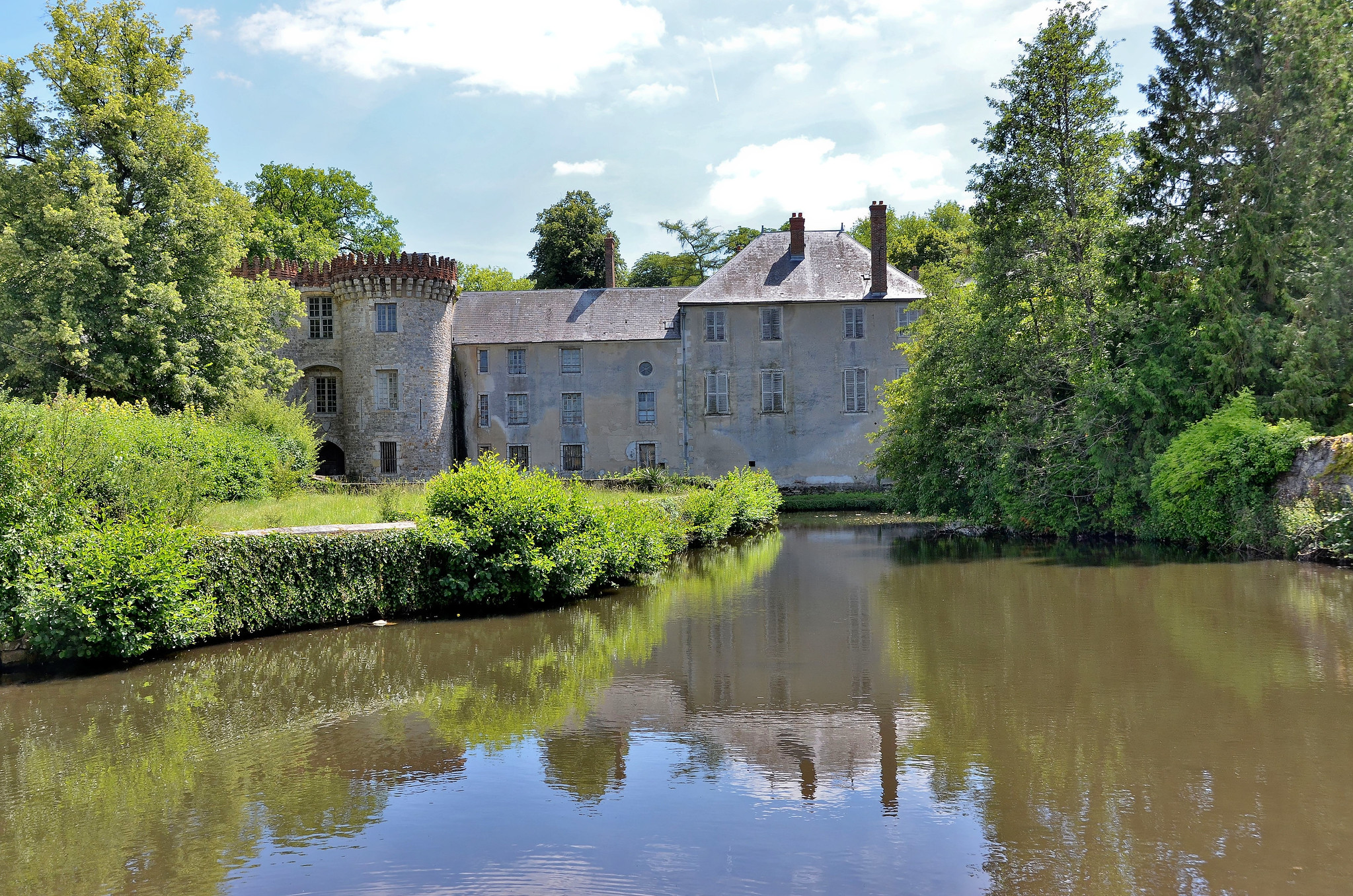
“The network will supply the equivalent of 25,000 homes”
Since July, this machine has been digging 24/7 two wells (one producing, the other injecting) spaced a few meters apart into the dogger water table, the main geothermal aquifer exploited in the Paris region.
“The water temperature was measured at 72 ° C,” explains Pierre Prot, deputy mayor of Évry-Courcouronnes and community advisor in charge of networks and energy for Grand Paris Sud. Ultimately, this geothermal borehole will be able to heat the equivalent of 25,000 homes via the heating network ”.
What is geothermal energy?
Concretely, deep geothermal energy recovers the heat present in the basements to transform it into energy.
In Évry, the producing well is used to recover the water present in the dogger’s water table. The water is then slightly heated by the power station before being injected into the pipes which run under the road to the substations of buildings connected to the heating network (offices, housing, schools, etc.).
In substations, heat from the water is transferred to the pipes of the buildings. Once the water collected in the basement has fulfilled its role of heating, it returns via another pipe to the power plant before being reinjected into the water table via the injection well. Then the loop starts again.
An investment of EUR 19.5 million
The commissioning of the site located next to the city’s central heating plant, between the N7 and rue Marcel Proust, is scheduled for 2023. From January, work will begin on the surface and in particular the construction of the geothermal power station around the two wells. . Its forecast power is estimated at 15 megawatts.
In total, this project, financially supported by Ademe (the Ecological Transition Agency) and the Île-de-France Region to the tune of 20%, represents an investment cost of EUR 19.5 million for the Greater Paris Sud conurbation.
For its operation, a 25-year public service delegation contract has been signed with Grand Paris Sud Énergie Positive, a subsidiary of Dalkia (EDF).
“A virtuous energy ecologically and economically”
“Geothermal energy is environmentally and economically virtuous,” emphasizes Pierre Prot. Produced and distributed locally, this energy makes it possible to avoid significant CO2 emissions and its price does not depend on the evolution of prices as for gas or oil ”.
For several years, the agglomeration, within the framework of its Climate-Air-Territorial Energy Plan (PCAET), has been undertaking with Grand Paris Sud Énergie Positive, the ecological conversion of its heating network.
Since 2019, the network has been connected to the Integrated Waste Treatment Center in Vert-le-Grand. The heat from waste treatment is recovered to heat the water circulating in the heating network.
Soon other cities of the agglomeration concerned?
“With this new geothermal power plant, the heating network will be supplied at 75% by renewable energies, welcomes Pierre Prot. We are also studying the advisability of developing a heating network supplied by deep geothermal energy in five municipalities ”.
The next municipality in the agglomeration concerned could thus be Corbeil-Essonnes, where feasibility studies are being finalized.
Source: Actu

